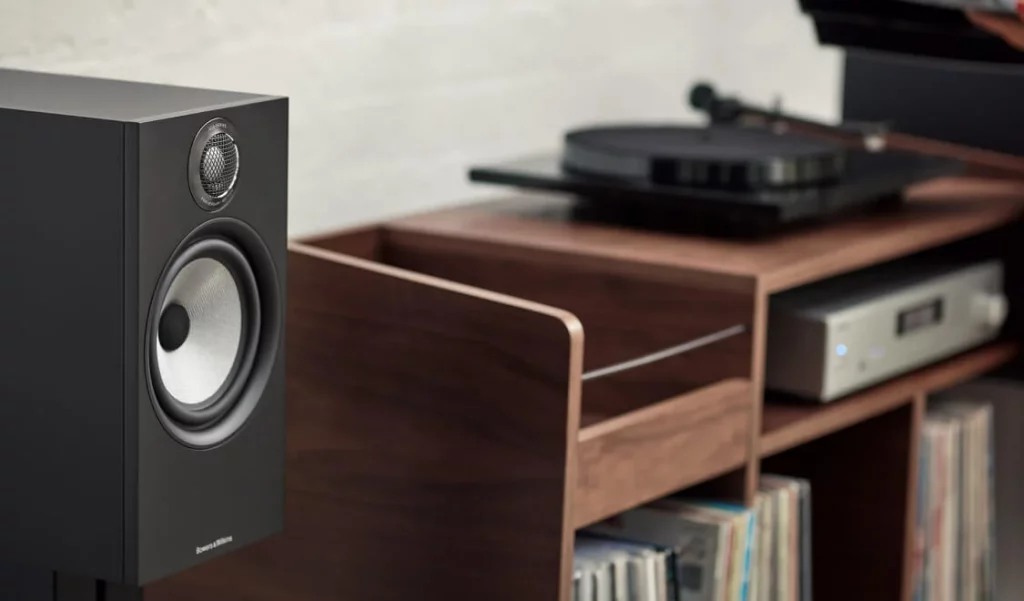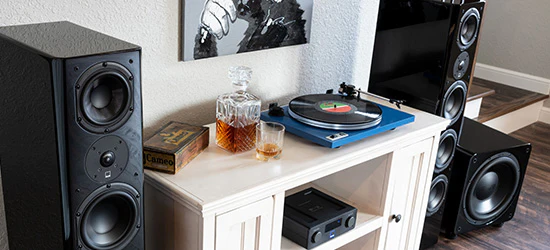Here are some sound advice and system tips to help you optimize your audio experience:
1. Speaker Placement Matters:
Proper speaker placement is crucial for achieving the best sound quality. Experiment with different speaker positions and angles to find the sweet spot that provides a balanced soundstage and imaging. Keep speakers away from walls and corners to avoid unwanted bass reflections.
2. Invest in Quality Speakers and Components:
High-quality speakers and audio components are the foundation of a great audio system. Invest in reputable brands known for their audio performance, and consider factors like speaker sensitivity, impedance, and power handling to ensure compatibility with your amplifier or receiver.
3. Room Acoustics and Treatment:
The acoustic properties of your room play a significant role in sound quality. Consider adding acoustic panels or diffusers to control reflections and reduce echo. Soft furnishings like carpets, curtains, and furniture can also help in damping sound reflections.
4. Use Quality Cables and Connections:
Use high-quality cables and connectors to minimize signal loss and interference. While expensive cables may not always be necessary, well-constructed cables with proper shielding can make a difference, especially for longer cable runs.
5. Calibrate Your System:
If your AV receiver or amplifier has room calibration features, use them to optimize the sound for your specific room. Automatic calibration systems can measure your room’s acoustics and adjust speaker settings accordingly.
6. Consider External DACs:
If you primarily listen to digital music, consider using an external Digital-to-Analog Converter (DAC) to improve the audio quality. A dedicated DAC can provide better signal processing than the one built into your source device.
7. Regular Maintenance and Cleaning:
Keep your speakers, amplifier, and other audio components clean from dust and dirt. Regular maintenance ensures the longevity and optimal performance of your equipment.
8. Speaker Break-In:
New speakers may require some break-in time before they reach their full potential. Play music through them at moderate volumes for several hours to allow the drivers to loosen up and sound their best.
9. Pay Attention to Power:
Ensure your audio components are powered adequately. Don’t overload power strips or outlets with too many devices, as it may cause interference or affect performance.
10. Avoid Overly Compressed Music:
Whenever possible, listen to high-quality audio formats like FLAC or lossless files instead of heavily compressed formats like MP3. Higher-resolution audio files retain more detail and provide a more immersive experience.
11. Listen at Moderate Volume Levels:
Listening at extremely high volumes for prolonged periods can damage your hearing and potentially harm your speakers. Enjoy your music at moderate, comfortable levels.
12. Trust Your Ears:
Ultimately, the most important factor in audio enjoyment is your personal preference. Trust your ears and choose the setup that sounds best to you, regardless of technical specifications or trends.
Remember, audio is a subjective experience, and what matters most is that you enjoy the music and content you love. Take your time to fine-tune your system, and don’t be afraid to experiment and discover what brings you the most joy in your audio journey!



